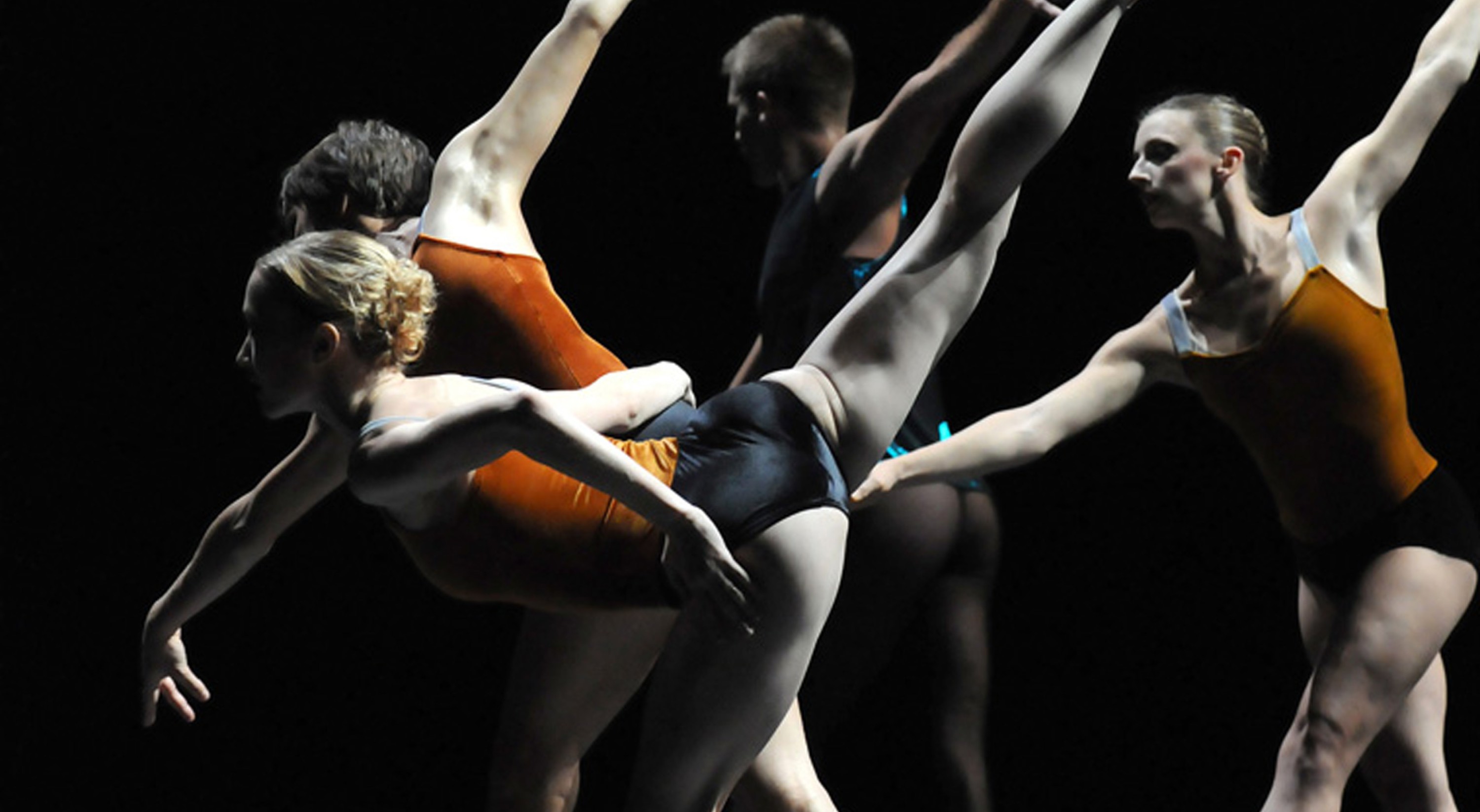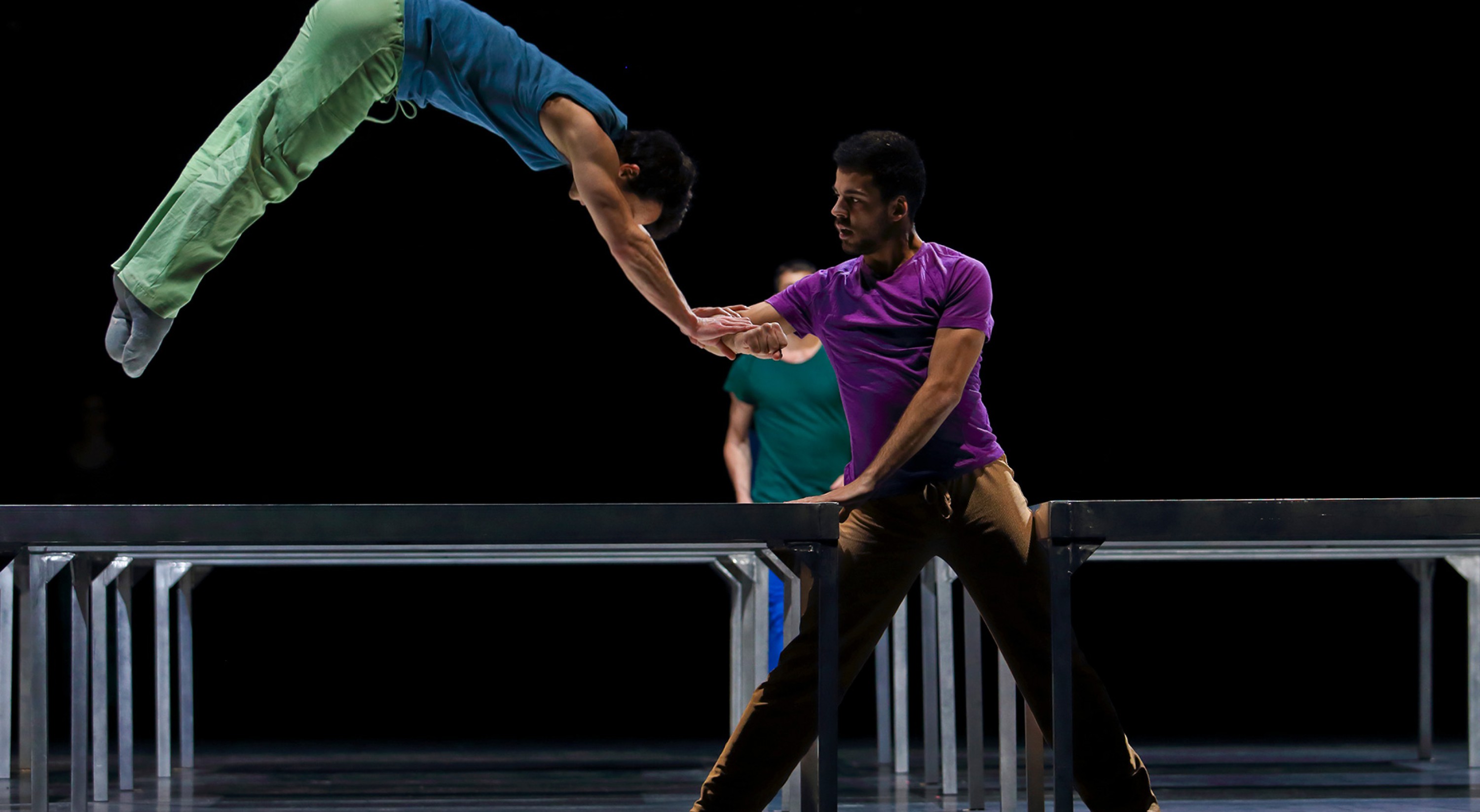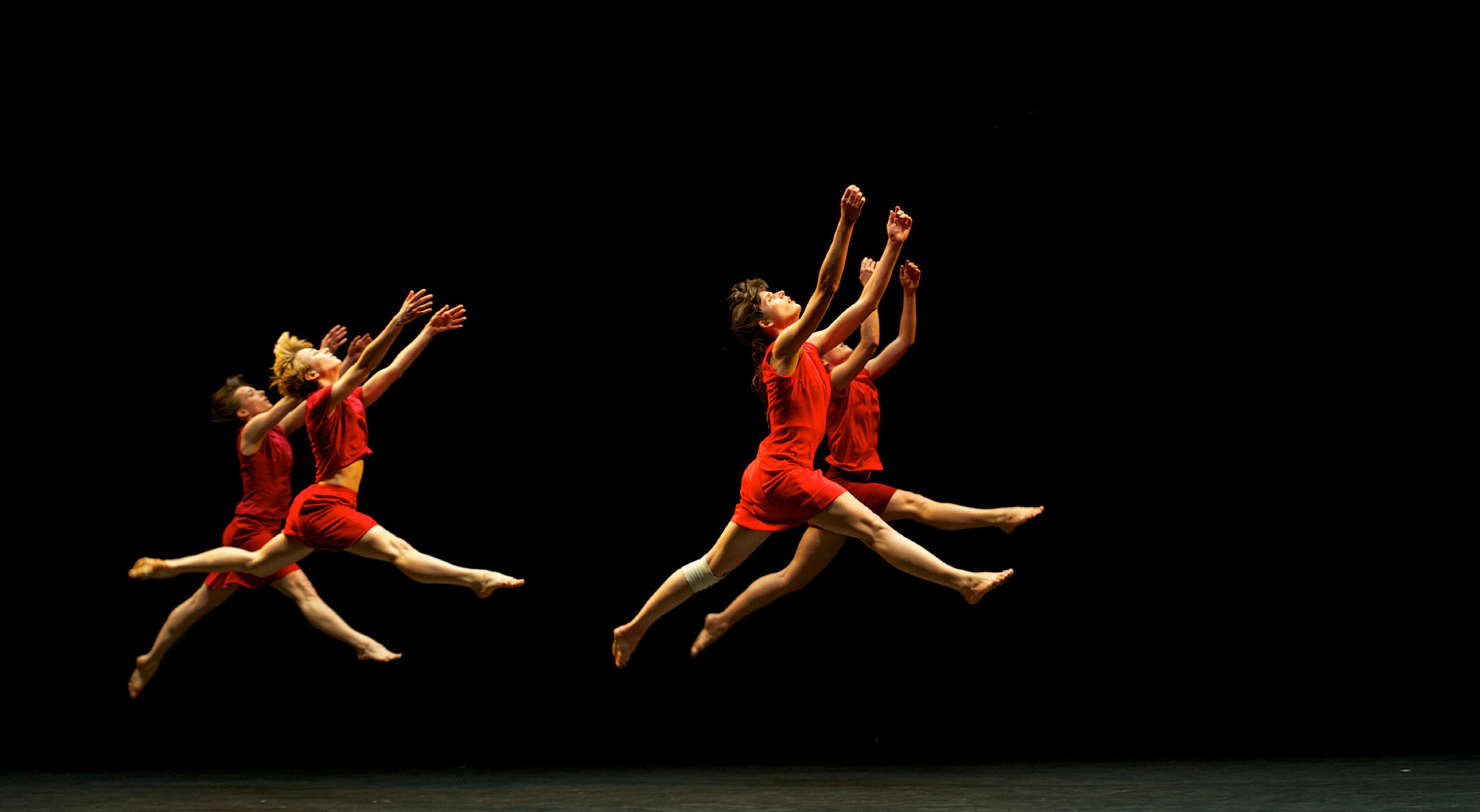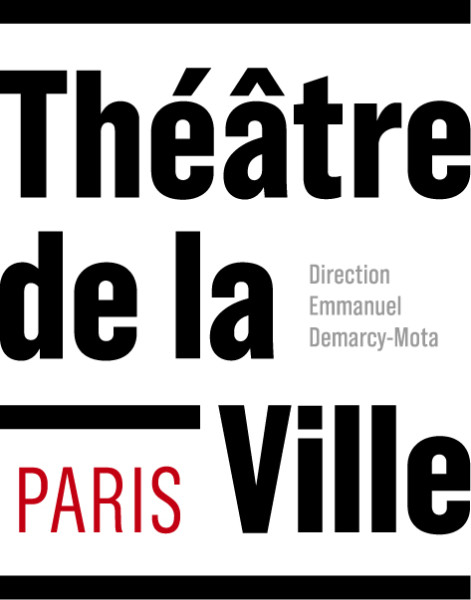William Forsythe
Répertoire Ballet de l'Opéra de Lyon
novembernov 17 – 26
novembernov 28 – 29
decemberdec 11 – 12
januaryjan 15 – 16
Workwithinwork
Choreography, set and lighting design by, William Forsythe
Music, Luciano Berio, Duetti per due violini, vol. 1
Costumes, Stephen Galloway
A piece for 15 dancers, first presented by Ballett Frankfurt in 1998, and entered into the repertory of the Ballet de l’Opéra de Lyon on the 24th September 2010
Steptext
Choreography, set, costume and lighting design, by William Forsythe
Music, Johann Sebastian-Bach, Chaconne from the 4th Sonata for Solo Violin in D minor
A piece for 4 dancers, first performed in January 1985 by l’Aterballetto, à Reggio Emilia, Italy, and entered into the repertory of the Ballet de l’Opéra de Lyon on the 15th March 1987
Sarabande
Choreography, Benjamin Millepied
Music, Johann Sebastian-Bach, extracts from la Partita for Solo Flute and from the Sonatas and Partitas for Solo Violin
Costumes, Paul Cox
Lighting, Roderick Murray
Flute, Philippe Bernold
Violin, Nicolas Gourbeix
A piece for 4 dancers, first performed in November 2009 by Cie Danses Concertantes, and entered into the repertory of the Ballet de l’Opéra de Lyon on the 15th December 2011
One Flat Thing, reproduced
Choreography, set, costume and lighting design, by William Forsythe
Music, Thom Willems
Costumes, Stephen Galloway
A piece for 14 dancers, first presented by Ballett Frankfurt in 2000, and entered into the repertory of the Ballet de l’Opéra de Lyon on the 12th September 2004
Enemy in the Figure
Choreography, and costume design, by William Forsythe
Music, Thom Willems
Set design, William Forsythe
Lighting design, William Forsythe, and Michael Simon
A piece for 11 dancers, first presented by the Ballett Frankfurt in 1990, and entered into the repertory of the Ballet de l’Opéra de Lyon on the 15th September 2005
Grosse fugue
Choreography by, Maguy Marin
Music, Ludwig Van Beethoven, Grosse Fugue , op 133,performed by Quartetto Italiano //
Lighting, François Renard
Costumes, Chantal Cloupet
A piece for 4 female dancers, first presented by Compagnie Maguy Marin at Espace Jean Poperen de Meyzieu on the 17th Mars 2001, and entered into the repertory of the Ballet de l’Opéra de Lyon on the 12th February 2006
In collaboration with Théâtre de la Ville-Paris ; Festival d’Automne à Paris (for performances from 17 to 26 November)
In partnership with France Inter
For more than twenty years, William Forsythe has been transmitting his pieces to the Ballet de l’Opéra de Lyon dancers, several of which now form part of its repertory. Thus, it is only natural that Ballet de l’Opéra de Lyon should be associated to the William Forsythe portrait programmed by the Festival d’Automne à Paris, and present several of the choreographer’s works.
Enemy in the figure, the second part of the Limb’s Theorem (1990) ballet plunges us into the art of William Forsythe. The piece sees the dancers emerging from the night, and being confronted with an environment cluttered up with obstacles. The lighting hides or reveals to us these objects, alternately, by projecting their shadows onto a wooden panel positioned in the middle of the stage.
One Flat Thing, reproduced (2000) has a very different stage set: twenty tables propelled onto the stage, forming the dance surface and horizon for the fourteen dancers. The piece has an underlying tension to it, all pent-up, but ready to flare at any time. Thom Willem’s score provides an explosive musical backdrop.
In Workwithinwork, fifteen dancers construct an intensely fluid piece of dance, echoing computer-generated drawings projected on video. Set to Luciano Berio’s Duette per due violini, they trace out circles and lines, weaving in and out of each other and continuously generating new figures.
Steptext, set to Bach’s Suite for Solo Violin, sways back and forth, and took audiences by surprise with the brute force of its writing when it was first presented in 1985 by the Aterballetto, in Reggio Emilia (Italy). Here the piece is presented as a condensed version of Artifact, a landmark piece in the choreographer’s work and which seeks to recompose the vocabulary of classical ballet in the light of structuralism.
In celebration of this programme, Ballet de l’Opéra de Lyon is also giving audiences the chance to see Sarabande by Benjamin Millepied, set to extracts from Johann Sebastian-Bach’s Sonatas and Partitas for Solo Violin, and Maguy Marin’s Grosse Fugue.
In the same place



